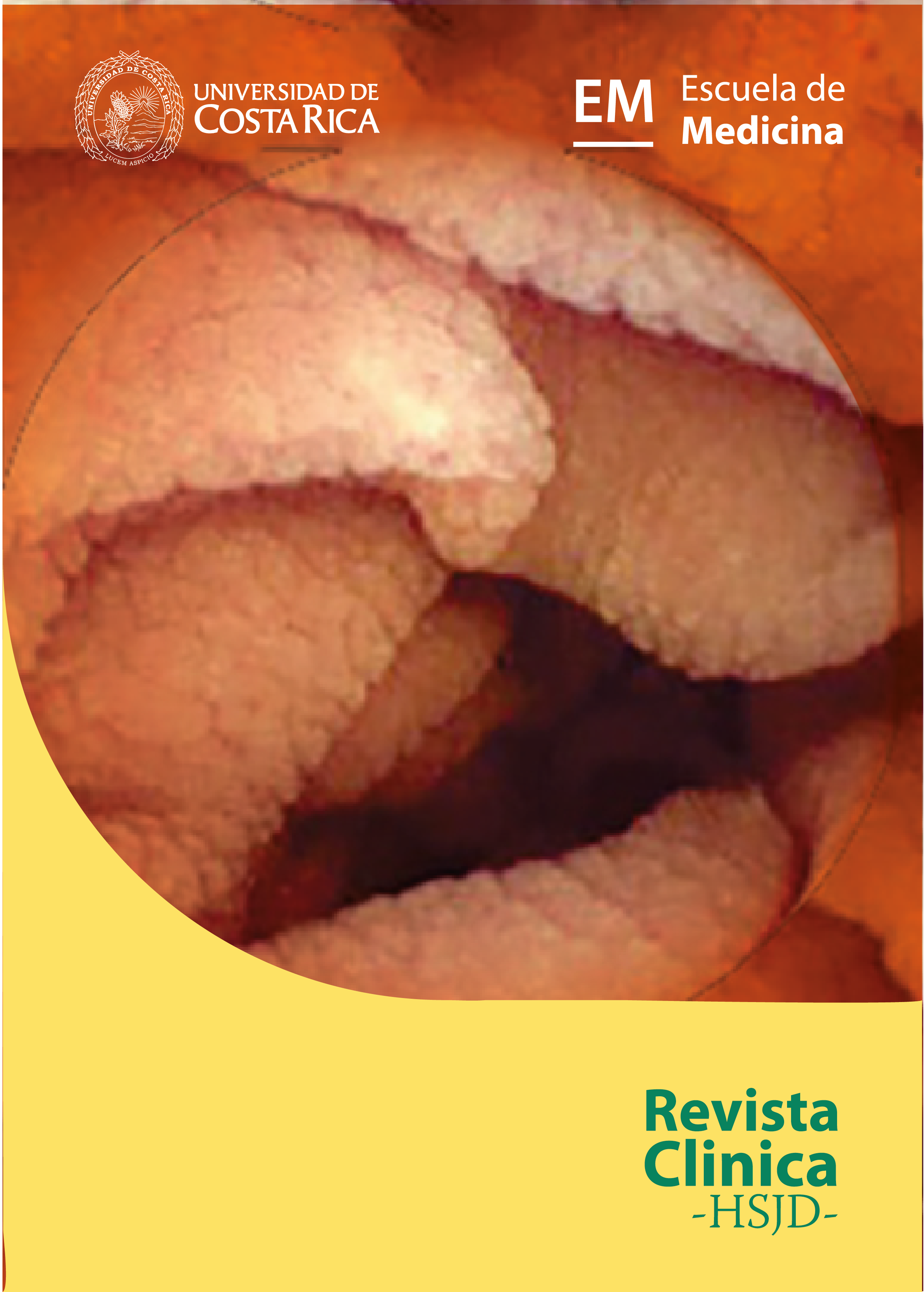Abstract
Pheochromocytoma is a neuroendocrine tumor derived from the neural crest, that is characteristic for producing catecholamines. Most of them present between the fourth and fifth decade, without preference for either gender. Around 20-40% of patients present with the classic triad, consisting of: intermittent headaches, tachycardia or palpitations, and diaphoresis. The diagnosis is mainly biochemical, through the quantification of metanephrines in blood and urine, which are consistently released therefore becoming a very sensitive marker, with low rate of false negatives. Pheochromocytoma has mainly a surgical management. Previous to the surgery, all patients despite having normal blood pressures, must be medicated with antihypertensives. Those tumors that are smaller than 15 cm should be resected through laparoscopic adrenalectomy. There are three major complications in the immediate postoperative of these tumors, which are: arterial hypertension, arterial hypotension and hypoglycemia. Its is a rare cause of hypertension in pregnant women, and around 10% of these tumors are present the pediatric popul

